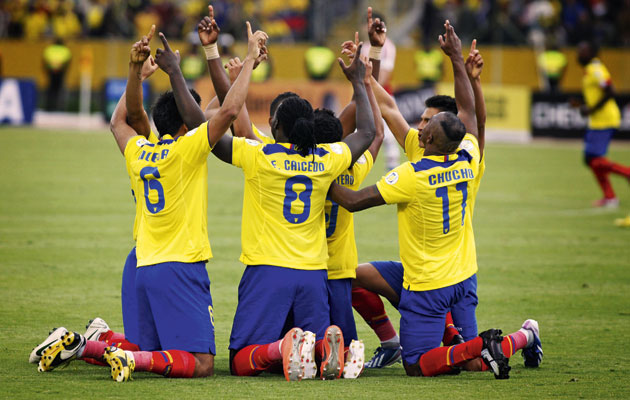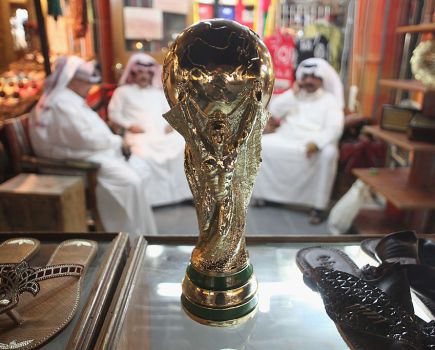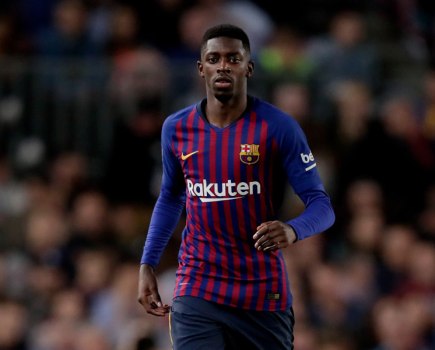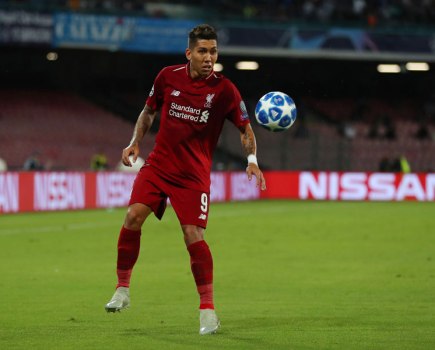Introduction
There are seven games in the World Cup,” says Ecuador coach Reinaldo Rueda, “and I want to reach the seventh” – bold words which express the confidence of a country that has taken huge strides in recent times.
Less than 30 years ago Ecuador were little more than a Latin American footballing version of Luxembourg; now they have reached three of the last four World Cups. Last time out, in 2006, they belied their reputation as altitude specialists by beating Poland and qualifying for the second round, where they went down to England. If they can do that in Europe, what might happen on their own continent?
More players have international club experience since then, and the current team is physically strong with plenty of pace and skill down the flanks. But games are won and lost in the penalty areas, and here Ecuador’s confidence takes something of a battering. They managed just 20 goals in 16 qualifiers – scoring only five times away from home.
Opportunities were being created, but as Rueda lamented last November: “We’re failing in the last metres. At this decisive moment we are lacking precision, and we have to improve.”
With seven goals, centre-forward Felipe Caicedo was comfortably the team’s top scorer in qualification, though three of those came from the penalty spot, so his patchy form this year is a cause for concern.
There are also grounds for alarm at the back where Rueda is struggling to replace Ivan Hurtado, the classy centre-back who held Ecuador’s defence together for 15 years, and his giant partner Giovanny Espinoza. Jayro Campos, the best of the current crop, is an injury casualty, while centre-back Fricson Erazo has had such a disastrous time at Flamengo of Brazil that he scarcely gets on the bench. Without him, Ecuador went three down to Australia during a catastrophic first-half display in a March friendly, before striking back to win 4-3 after Rueda made some much-needed changes at the interval.
“We’ve had problems in this sector,” admitted the coach. “It’s no use trying to cover up the sun with our hands.” He will hope that, with time on the training field, he can patch up
a defence that will give sufficient cover to carry Ecuador out of their group.
Coach
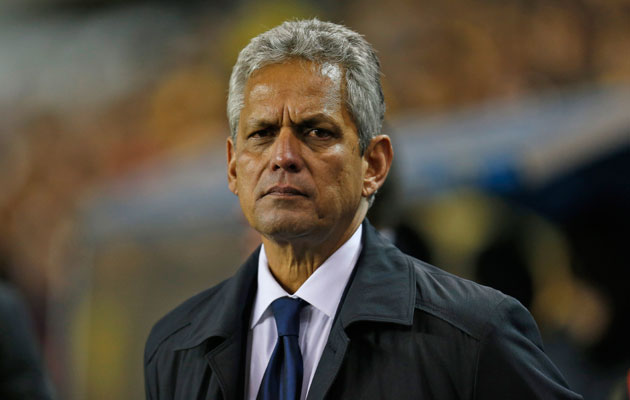
Reinaldo Rueda (Col)
Age 57 (16.04.57). Ecuador coach since July 2010
How he got the job
Approached after his achievement of qualifying Honduras for the World Cup in South Africa, and due to Ecuador’s previous track record under Colombian coaches.
Past successes as a coach
Took Colombia’s under-20s to the World Youth Cup in 1993 and again in 2003, when they reached the semi-finals. He also won the Toulon youth tournament in 2000. As a result of taking Honduras to the World Cup he was granted citizenship of the country.
Past failures as a coach
His first tournament with Ecuador, the 2011 Copa America, was a clear failure which could have cost him his job.
Achievements as a player
None. Realised early on that he was better suited to coaching than playing.
World Cup experience
Went to South Africa with Honduras four years ago – where they only picked up one point.
Relationship with the media
Personally is very affable and hard to dislike. Cultivates good relations.
Relationship with the public
Can come across as a little cold. Experience has shown, however, that it is far easier for a foreign coach to stand outside the sniping between the two major cities, Quito and Guayaquil.
Style of management/coaching
Rational, methodical figure who trained and studied in the former Yugoslavia and in Germany. His academic nature is not always an easy fit with the more gifted individual talents in his squad.
Notable backroom staff
His assistant is former Colombia international Alexis Mendoza. Another ex-Colombia player, Pedro Zape, is in charge of preparing the goalkeepers.
After the World Cup
Will talk about a new contract after the World Cup has finished.
Squad
Goalkeepers: Alexander Dominguez (Liga de Quito), Maximo Banguera (Barcelona, Ecuador), Adrian Bone (El Nacional).
Defenders: Gabriel Achilier (Emelec), Walter Ayovi (Pachuca), Oscar Bagui (Emelec), Frickson Erazo (Flamengo), Jorge Guagua (Emelec), Juan Carlos Paredes (Barcelona, Ecuador.
Midfielders: Segundo Castillo (Al Hilal), Carlos Gruezo (Stuttgart), Renato Ibarra (Vitesse Arnhem), Fidel Martinez (Tijuana), Edison Mendez (Santa Fe), Christian Noboa (Dinamo Moscow), Luis Saritama (Barcelona, Ecuador), Antonio Valencia (Manchester United).
Forwards: Jaime Ayovi (Tijuana), Felipe Caicedo (Al-Jazira), Jefferson Montero (Morelia), Joao Rojas (Cruz Azul), Enner Valencia (Pachuca), Michael Arroyo (Atlante).
Group E fixtures
Jun 15 v Switzerland (Brasilia)
Jun 20 v Honduras (Curitiba)
Jun 25 v France (Rio de Janeiro)

